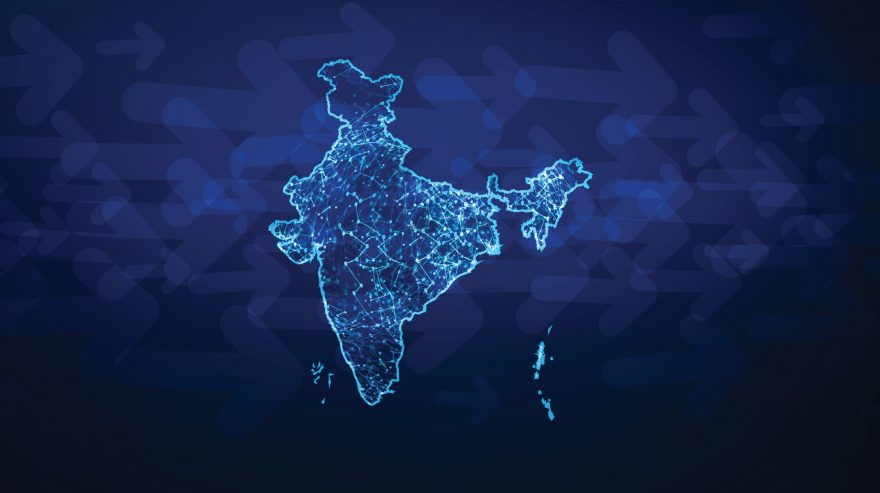New Ed-Tech Accelerator Launched in India With Backing of U.S. International Agency

A new ed-tech accelerator, with the support of a U.S. government agency focused on international aid, has launched this month to improve at-home, foundational learning for children from impoverished backgrounds in India.
The program will identify eight education technology solutions to build and pilot, providing grant funding and mentoring support over the first year.
Two of the organizations that receive support through the program will receive additional help to scale up their efforts in the second year, according to a joint statement released by the accelerator’s founding organizations. Other groups selected to participate will continue to receive backing through the program. The overall goal of the program is to help reach 2.5 million children in the South Asian nation by 2025.
A group of nonprofit and philanthropic organizations from across the globe are supporting the launch of the project, called the EdTech Accelerator, with a combined investment of $2.5 million.
Those organizations include founding partners Reliance Foundation and UBS Optimus Foundation; the Central Square Foundation, which will provide design and implementation; and the British Asian Trust, which will serve as fund manager. In addition, the U.S. Agency for International Development will provide technical assistance to support fund design and management.
“With the world’s largest youth population, supporting foundational learning in India is an investment in the world’s future,” said Veena Reddy, USAID mission director to India, in a statement. “Through partnering with the private sector and civil society to develop innovative learning models, the EdTech Accelerator will enable improved educational outcomes and a more equitable and accessible learning environment.”
The accelerator is part of the Back-to-School Outcomes Fund, alongside the Government of India’s NIPUN Bharat Mission, with the goal of achieving foundational literacy and numeracy goals for all children in India. The USAID, which supports international development globally, is one of the organizations contributing to an overall $3 million investment to support set-up, management, and operations. It is also providing technical assistance to build government and private sector partnerships.
These categories make up the segment of what the EdTech Accelerator considers low-income – the population they aim to cater to through new innovations that come out of the program.
“India has a very vibrant tech ecosystem…but most of these products cater to what we describe as middle- and high-income India,” Gupta said to EdWeek Market Brief.
“But there’s very little built for low-income households…so the EdTech Accelerator is attempting to catalyze the supply of high-quality, pedagogically sound, contextually relevant solutions for low-income India.”
The importance of providing accessible ed tech at home to address foundational skills became clearer during the pandemic, as inequities in technology became more obvious, the founding organizations said in a statement.
With a population of 1.3 billion and an estimated 250 million students, India’s education system has drawn a rush of interest from education companies and investors in recent years. Many of the companies have focused on delivering tutoring and academic support through technology, in response to demands from parents seeking to improve their children’s educational opportunities and readiness for college.
“India has seen a significant increase in ed-tech solutions, especially to address the concerns of the past two years,” said Jagannatha Kumar, CEO of the Reliance Foundation, in a statement. “The challenge remains to democratize the ed tech solutions across households.”
Applications to the accelerator are open to nonprofit and private organizations until Jan. 8.
Follow EdWeek Market Brief on Twitter @EdMarketBrief or connect with us on LinkedIn.
Image by Getty.
See more:
